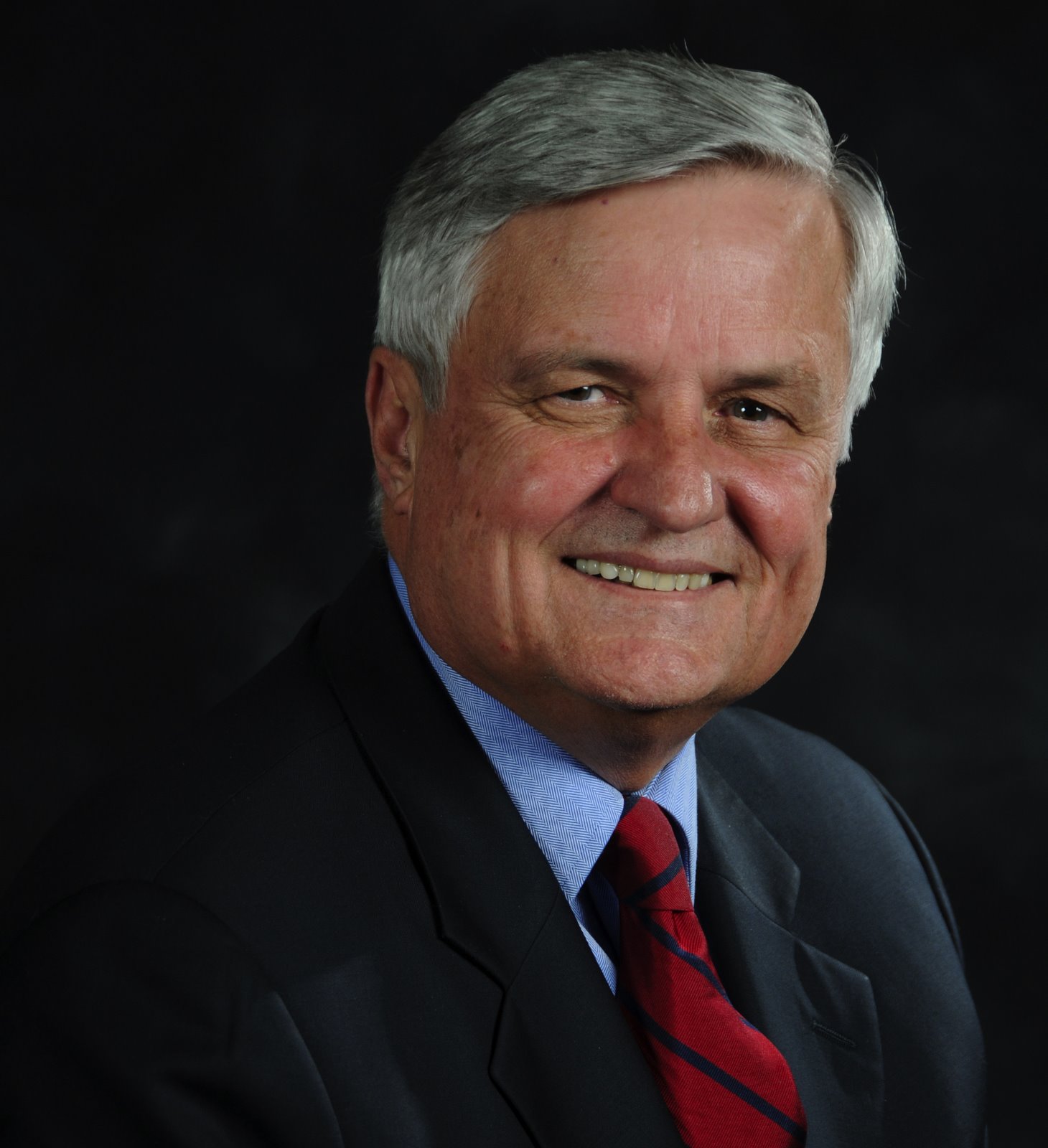Shai and Daphna Ronnen love their family.
The Tel Aviv couple demonstrated family bonding in a way that moves the soul. These are my Rotary hosts in Tel Aviv; we’ll part company for a few days until we meet again at the Rotary District 2490 conference in Jerusalem.
On Friday, as the sabbath (or “shabat) is set to begin — the Ronnens bring their three children over for dinner. The children — Hagit, Gil and Guy — are the parents of four children among them, with another one due in July. They meet every Friday for dinner at their parents’ home. They sing the same three songs they’ve been singing for years, and which the Ronnens’ grandchildren sing right along with the adults.
And they did the same thing they always do this past Friday, with three visitors from Texas: myself, Aida Almaraz and Fernando Valle, all of us taking part in the Group Study Exchange tour of Israel.
It was a beautiful sight, to be sure. I don’t know yet whether this kind of family togetherness is the norm or the exception in Israel. I sense it is far more normal in Israel than it is in the United States.
It felt good — no, great — to be a part of it, if only for an evening.
